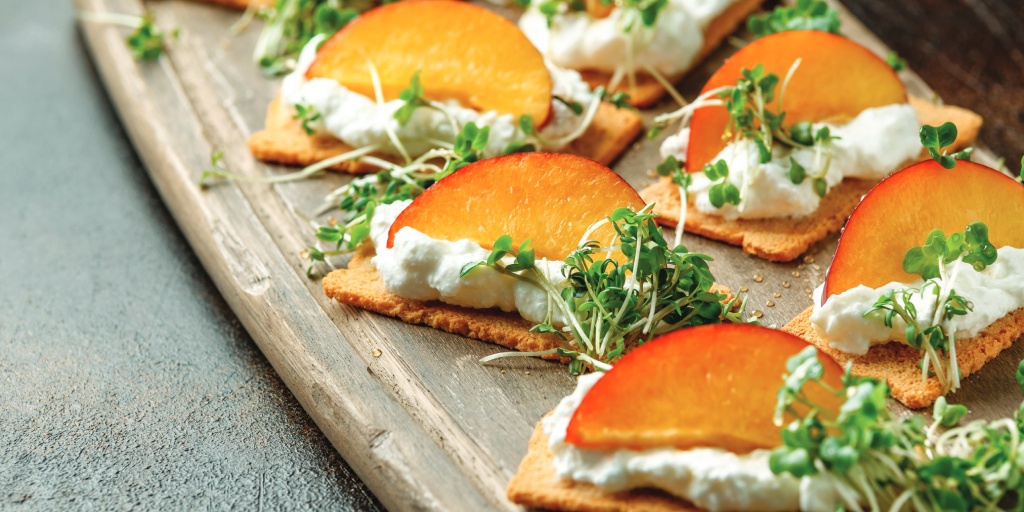Local production and consumption are very much sought-after nowadays. Let’s celebrate Mauritius’ unique terroir by discovering the new flavourful experiences winding up in our plates, which support the transition to a circular economy.
Charismatic, like its terroir
Mauritius boasts impressive, charismatic and rich venison… Pioneer in this field, Agrïa offers a whole selection of premium products, yielded from three of the island’s tastiest bushmeat: deer, brown pig and pheasant. No breeding here: all animals can wander freely, in consonance with the seasons. This unique meat, which gracefully echoes the tales of the southern wilderness of the island, is also hunted with the greatest respect for the environment. For Bertrand Sidambarompoullé, butcher at Agrïa, it makes perfect sense to make the most of local venison.
He underlines: “We have a very interesting and easily accessible heritage, and we would like to promote it. Our goal: providing healthy and local food for everyone, at affordable prices.”

Generous, like its sea
Reputed for the taste of its seafood, the island also enjoys diverse sea-based products.
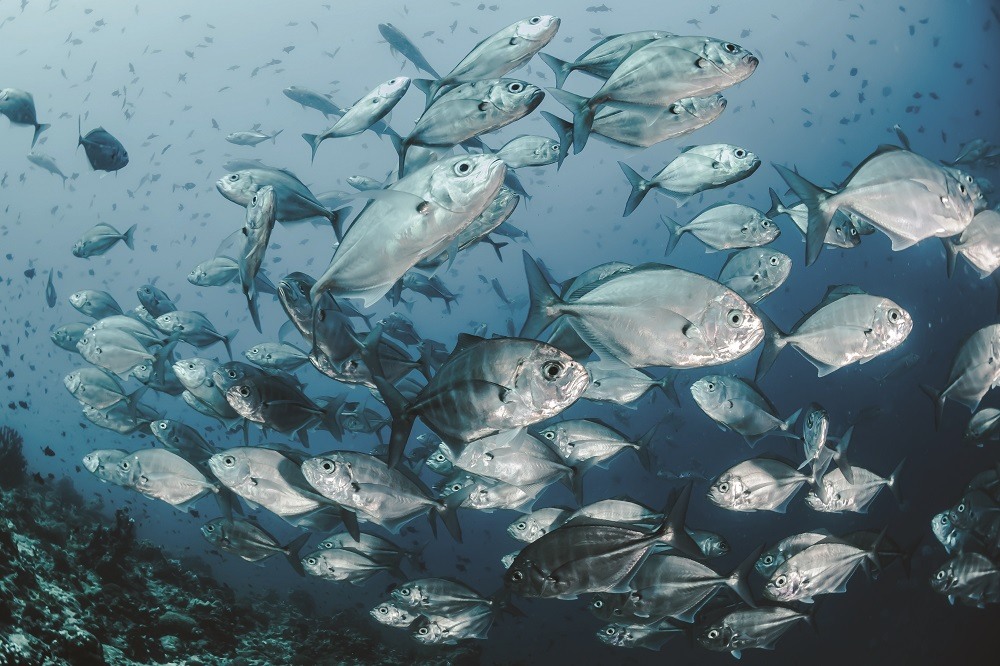
“Our fish and seafood easily compete with other imported products. They have the particularity of being completely wild, which gives them an incomparable quality,” says Kavinen Parasuraman, Manager of Amigo restaurant. “While they perfectly blend with Mauritian flavours, such as combava or masala, their flesh is so subtly scented that it does not require unconventional preparations,” he continues.
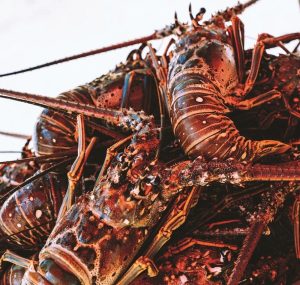
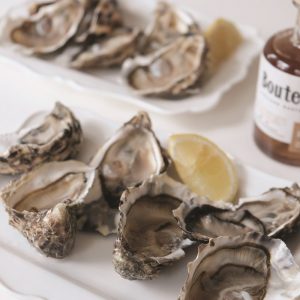
But these are not the only treasures of our coasts. The barachois of Melville shelters oysters and crabs in its ponds. Raised in line with a traditional know-how of 75 years, these local oysters, which are said to be similar to those of Arcachon, have a unique taste which makes your palates set sail at high tide.
“We breed them with love in very specific salinity and temperature conditions, which gives them this signature iodine taste,” explains Navindra “Akter” Bhoyro, who has been employed at the barachois of Melville for more than 50 years.
Fertile, like its land
Not just a mere trend, going organic is now a requisite to respect the environment and one’s body. For Eric Le Vieux, Director of Esprit Vert, Mauritius embraces a soil which is a real breeding ground for a myriad of flavours and aromas.
Since 2017, the producer has been offering tomatoes without pesticides, with a delectable taste. A simple bite takes you to the fertile plains of Bel Paese!
He explains: “We aspire to offer quality, with the greatest respect for the natural resources and land of the island. What makes our tomatoes so special? Undoubtedly, the love we put into their cultivation!”
The desire of restoring responsible agriculture practices seems to be blossoming. For 6 months now, Jacfruit – founded by Christopher Harel and James Dalais – has been making its way into a new market: microgreens.
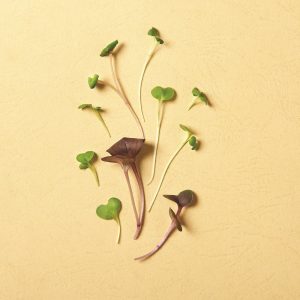
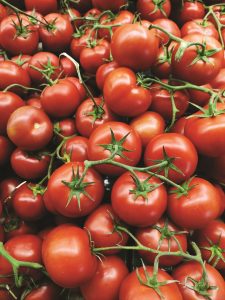
“Considered as superfoods, they are up to 40% more nutritious than mature vegetables. We work and control the land ourselves to ensure a 100% pesticide-free production, ” says Christopher.
Mild, like its seasons
Honey honours, by the diversity of its production, the journey through the seasons. For Étienne de Senneville, Director of the Ruchers de Senneville, his honey has a unique touch because of the respect he shows for the natural heritage, coupled with great know-how and limitless passion.
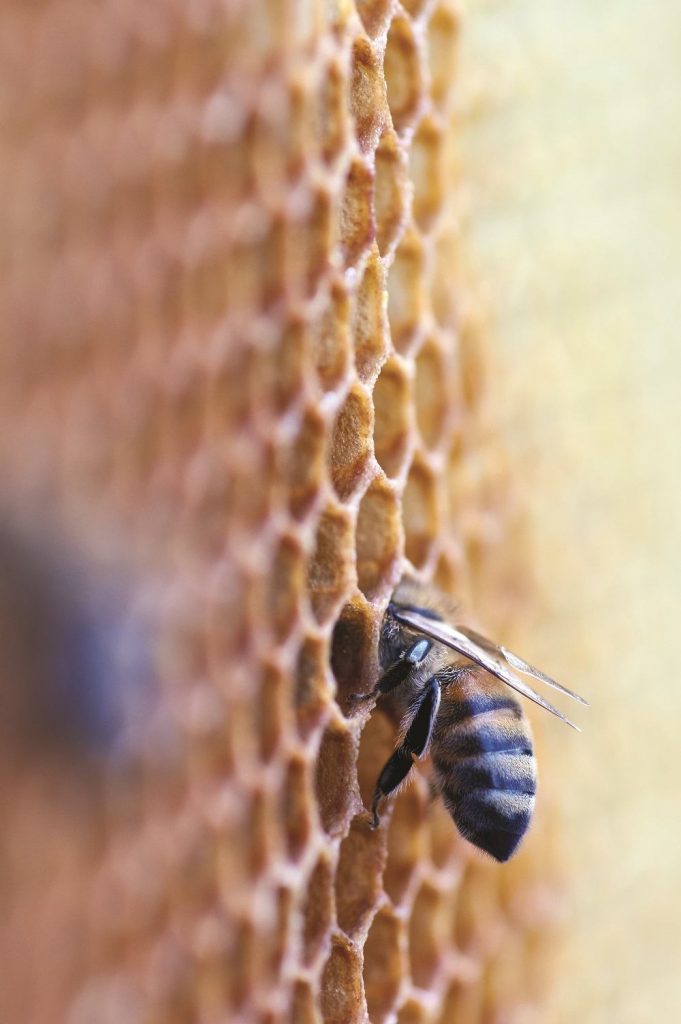
“Our honey is monofloral and depends on the flowering period of trees naturally present in the surrounding forests. Respecting the work of nature also means honouring a whole local heritage,” he says. Thus, these are honey whose colour, texture and taste change with the seasons… like an ode to the silent and ever-changing work of Mother Nature.
More articles from our No12 magazine edition over here: https://bit.ly/3tQU9lT

